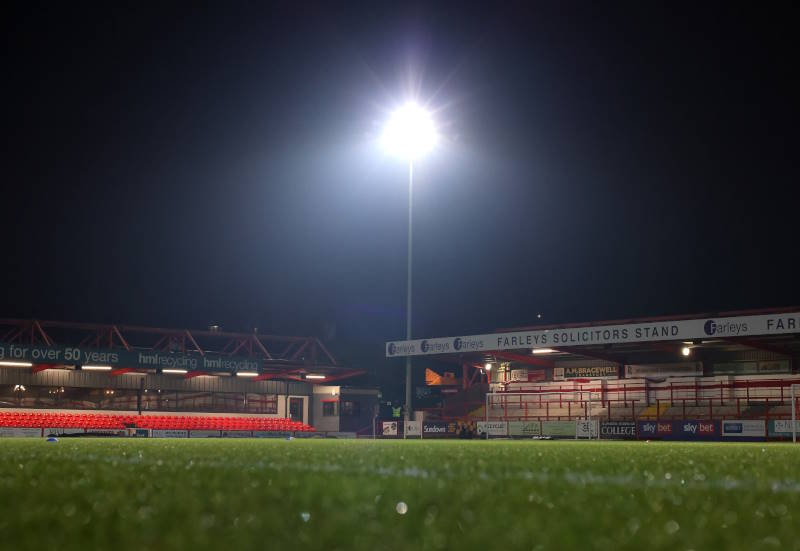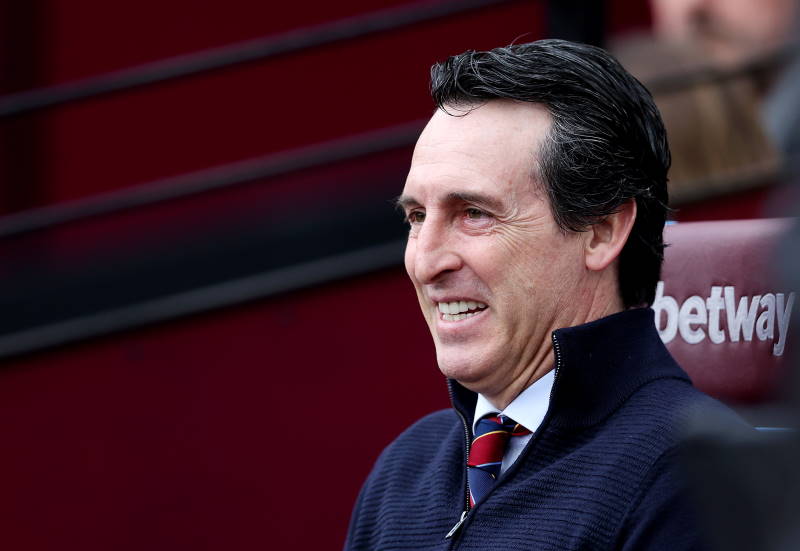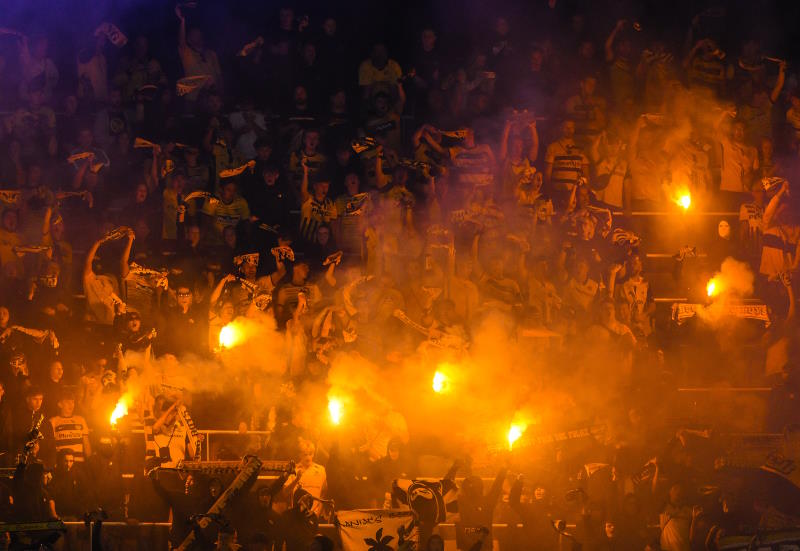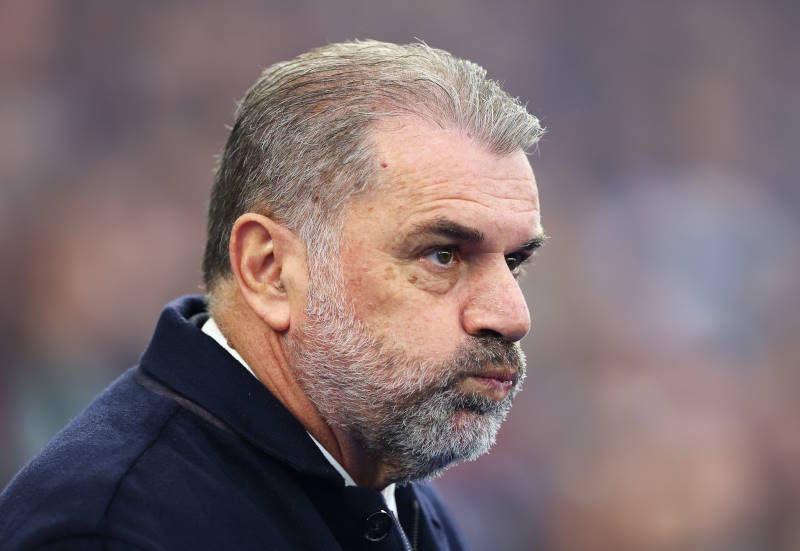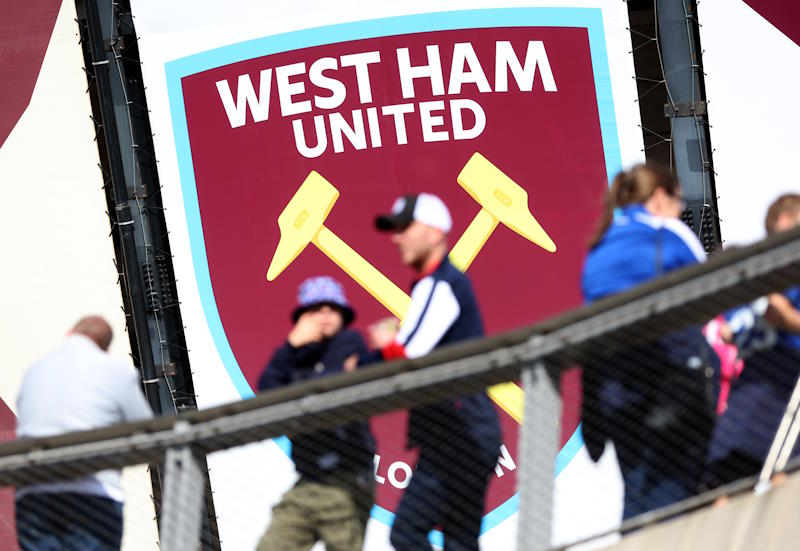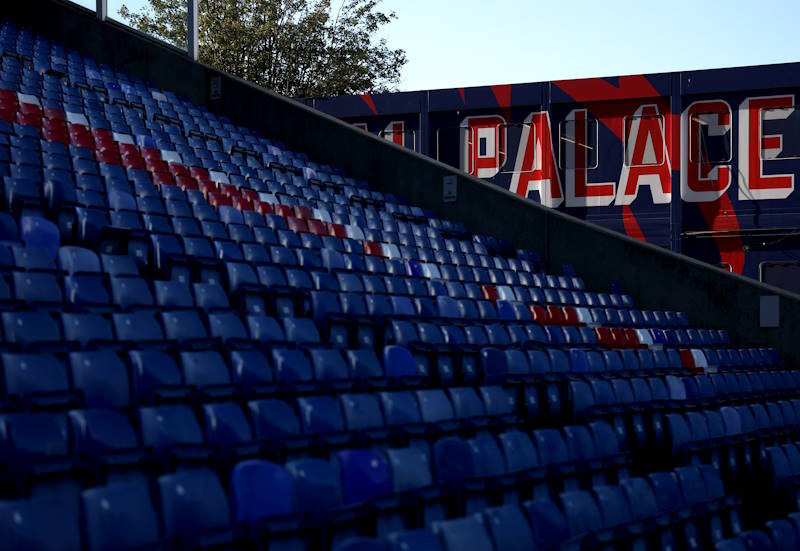
Israeli football, like many of the leading European leagues, is dominated by a select few clubs: Hapoel Tel-Aviv, the reigning champions, their city rivals Maccabi Tel-Aviv, Maccabi Haifa and Beitar Jerusalem. But the team from Israel’s capital city have won fewer titles than any of the quartet, and their European record is simply abysmal. The arrival of a rich new owner transformed matters however, domestically at least, leading to a surge up the pecking order and silverware aplenty. Now Beitar have stumbled though, and are placing their hope in experienced manager Roni Levy to spark a revival.
In many ways, Beitar’s role as the weakest of Israel’s so called ‘big four’ owes to the country’s complex history, as British police arrested a number of the club’s players in the 1930s, with some even exiled during the Second World War. This delayed Beitar’s development, whilst both before and after the war Hapoel Tel-Aviv were winning silverware and forging a reputation for themselves. The Menorah as they are nicknamed, were left playing catch-up
The Jerusalem-based side were reformed after Israel was declared independent in 1948, but only won their first league title less than 25 years ago. Beitar have grown significantly in recent times though, fuelled by the money of owner Arcadi Gaydamak, who purchased the club in 2005. Gaydamak initially angered the fans by donating $400,000 to Bnei Sakhnin, Beitar’s league rivals and the largest Israeli-Arab club in the country, but the money he lavished transformed the side.
Beitar have gone through several managers in recent seasons with instability becoming the norm. Luis Fernandez, Ossie Ardiles, Itzack Shum and Yossi Mizrahi – the latter won the club the league in 2007 and the double in 2008 – have all come and gone, whilst players such as Jerome Leroy and David Aganzo were recruited, marking significant coups for Israeli football.
When Mizrahi left, to be replaced by Giora Spiegel, Beitar slumped, with Hapoel Tel Aviv and Maccabi Haifa returning to their places at the top of the country’s game. Spiegel’s sacking meant Fernandez was brought back, albeit fleetingly. Inevitably, the Frenchman was then fired at the end of the season and replaced by Shum for his second spell at the club, though he only lasted until February. Remarkably, in the midst of such instability, Beitar still finished fifth. And despite chaotic management at the Teddy Stadium, fifth is the lowest finish the club have endured since Gaydamak’s arrival, with two third places either side of those back-to-back title triumphs.
Shum was succeeded by Uri Malmilian, a Beitar legend as a player and their record appearance holder, who was initially brought in to preside over a transitional period, as the traditionally big spending side underwent a fiscal tightening of their budget. The emphasis was placed on bringing through youngsters and the squeeze was so intense that the former midfielder could only afford to be given a one-year deal. The squad suffered too, as they were hit by the absence of top scorer Chen Azriel as well as the retirement of legendary Israeli defender Shimon Gershon.
Having lost five of their first eight games of the season, Malmilian was fighting an uphill struggle throughout his brief reign, with Beitar’s home form particularly disastrous. The 53-year-old, having had an offer to resign turned down by chairman Itzik Kornfein earlier in the season, presided over a poor run of form which left the club in 12th place in the 16-team Israeli top flight, having scored just one goal in five hours of football by the middle of January. For Beitar this was unacceptable, and so the popular Malmilian left by mutual consent.
To make matters worse, the club continue to be dogged by racist behaviour from the stands, though they have started to deal with the problem. The Israeli giants are known for being the club of right wing extremists, among whom strong anti-Arab sentiment is felt, and the Teddy Stadium outfit frequently finish bottom of the New Israel Fund’s fair play rankings, which monitors racism in the country’s football.
A few years ago the Israeli Football Association (IFA) was even forced to the lengths of using private investigators to enforce a ban on 31 fans convicted of racially abusing Arabs, a novel idea which surprisingly has not been copied elsewhere to stamp out the problem. In 2009, Beitar were docked a point by the IFA because of the abuse, but they did not heed the warning, as seven of their fans were fined last month as the problem persisted; They have already been forced to play two games behind closed doors this season.
However, in November the majority of Beitar fans finally stood up to the racism plaguing the club at a game at home to Hapoel Ramat Gan, which they won 3-2. With the East Stand, where most of the racist chants originate, closed as the side tried to clamp down on the ‘ultras’, this group were forced to intersperse among the mass of the crowd, and when their racist chanting began during the match, the rest of the Beitar fans met it with a chorus of boos and some even started to challenge the racists in bizarre scenes at the club’s Teddy Stadium.
With the racism issue at last being addressed, Beitar now have to put things right on the pitch. Roni Levy was recently appointed manager in an attempt to halt their alarming slide in the Israeli football hierarchy. A big name in Israel, Levy managed Unirea Urziceni following Dan Petrescu’s departure from the Romanian outfit and is a thorough and organised coach, though his teams are not the most entertaining. Levy had an instant impact as Beitar won 2-1 at Hapoel Beer Sheva, but three draws and a defeat since show that there is much work to do.
The club has become used to success in recent years, but the reality is that their day in the sun may have already passed. With Beitar tightening their belt, they will need to find another way back to the top of the Ligat Ha’al standings.





